When questions arise about maintaining your septic tank, there are some common mistakes that most homeowners make, and one of the mistakes is flushing baby wipes down the toilet.
Baby wipes are durable and not designed to break down easily(non-biodegradable) in septic systems, leading to clogs and potential damage to the plumbing system.
Why do Clogs occur in Septic Tanks by Flushing baby wipes?
Understanding why baby wipes can cause problems for your septic system is essential before moving forward with the solution.
Baby wipes are usually designed from non-biodegradable materials(non-organic material) that do not break down in water as quickly as toilet paper. Therefore, when you flush baby wipes down the toilet, they can accumulate in your septic tank with time, leading to blockages and reduced efficiency.
What happens when you flush baby Wipes into the Septic Tank?
Although it might seem convenient to flush baby wipes down the toilet, doing so can negatively impact your septic system. The following are some problems you might experience:
When baby wipes accumulate in your septic tank, they can create clogs and blockages in the pipes and the tank itself. This can lead to backups in your plumbing and costly repairs.
- Reduced Septic System Efficiency
Baby wipes can destroy the natural balance of bacteria in your septic tank, which is essential for breaking down waste. This disruption can overcome the efficiency of your septic system, leading to more frequent pump-outs and higher maintenance costs.
How to Dissolve Baby Wipes in Your Septic Tank(Best 7 Steps)
Now that you understand the potential problems, let’s explore how to address them effectively in 7 simple steps.
Step 1: Stop Flushing Baby Wipes
The first and most critical step is immediately stopping flushing baby wipes down the toilet. This prevents further accumulation of non-biodegradable materials in your septic tank.
Step 2: Use Septic-Safe Toilet Paper
Switch to septic-safe toilet paper, which is designed to break down more quickly in septic systems than regular toilet paper. Look for labels indicating “septic-safe” or “biodegradable.”
Step 3: Add Beneficial Bacteria
Furthermore, regularly add septic tank treatment products that contain beneficial bacteria to your septic system. These bacteria help break down organic waste and can aid in the decomposition of inorganic materials like baby wipes over time.
Step 4: Pump Your Septic Tank for unclogged
Consider scheduling regular septic tank pumping by a professional, but it is an expensive and last solution.
Any accumulated solid, non-biodegradable materials, including baby wipes, will be removed during pumping.
Step 5: Maintain Your Septic System
Regular septic system maintenance is complicated. Avoid pouring grease, chemicals, or other non-biodegradable materials down your drains, such as baby wipes. Have a professional inspect and maintain your septic tank as advised.
Step 6: Install a Filter
Consider installing a septic tank or effluent filter. These filters can help trap larger solids, preventing them from entering the drain field and causing potential damage.
Step 7: Educate Household Members
Ensure that everyone in your home knows the importance of not flushing baby wipes or other non-biodegradable items down the toilet. Educate them on proper septic system care for first-step prevention. For more knowledge click here.
Conclusion
Dissolving baby wipes in your septic tank is not easy or quick. Still, by following these steps and practicing responsible flushing habits, you can prevent further damage to your septic system. Remember that regular maintenance and awareness are critical to a healthy septic system.
Frequently Asked Questions
FAQ 1: What chemical dissolves baby wipes?
Both sodium hypochlorite (bleach) and sodium hydroxide (caustic soda) are chemical solvents that can help dissolve baby wipes.
However, these chemicals can harm your plumbing and septic system, destroy beneficial bacteria in the septic tank, and might be unsafe at home. It’s best to avoid flushing baby wipes and dispose of them in the trash.
FAQ 2: Does anything dissolve baby wipes in the septic tank?
Baby wipes are designed to be long-lasting and do not dissolve readily in a septic tank. They may be partially broken down over time by the bleach, caustic soda, and tank’s natural bacterial activity, but they can still clog and cause issues. The best way to prevent problems is to avoid flushing them, which will prevent their entry into the septic system.
FAQ 3: How long do flushable wipes break down in a septic tank?
Flushable wipes(tissue paper) are often more biodegradable than regular baby wipes but can take several weeks or months to break down in a septic tank. Their breakdown pace can change based on things like the particular brand of wipes, the state of the septic tank, and bacterial activity. To minimize potential problems, use them sparingly and avoid flushing.
FAQ 4: What drain cleaner dissolves wipes?
Drain cleaners like sodium hydroxide (caustic soda) or sodium hypochlorite (bleach) can help dissolve wipes to some extent. Still, they may need to be more effective and can damage pipes and septic systems. It’s safer to avoid flushing wipes and dispose of them in the trash to prevent clogs and plumbing issues.
FAQ 5: Do wet wipes eventually dissolve?
Wet wipes may not completely dissolve in water or sewage systems, taking a long time to degrade and perhaps clogging pipes and harming the environment.



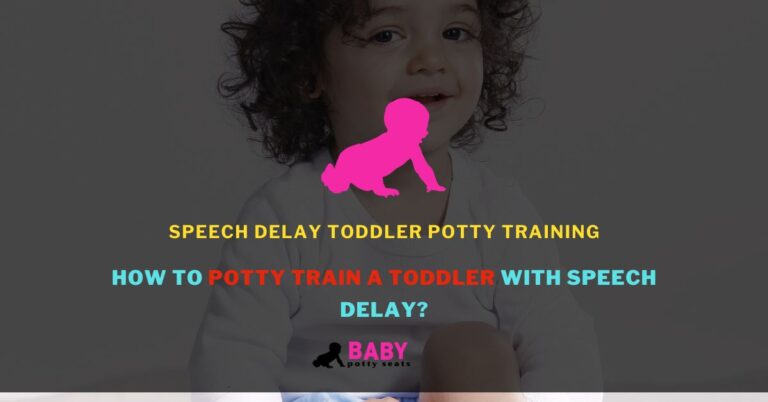

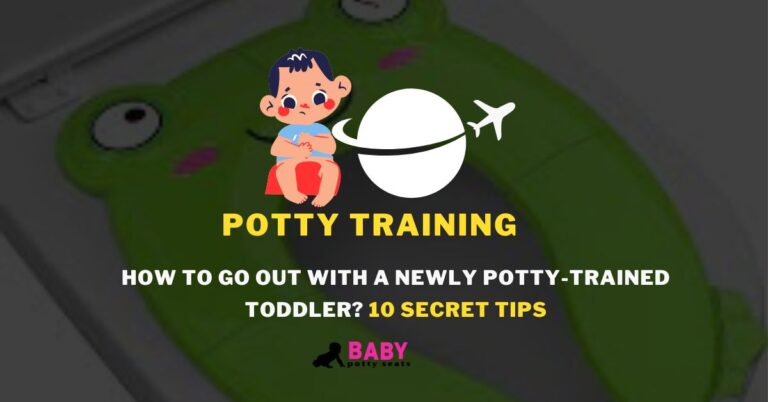
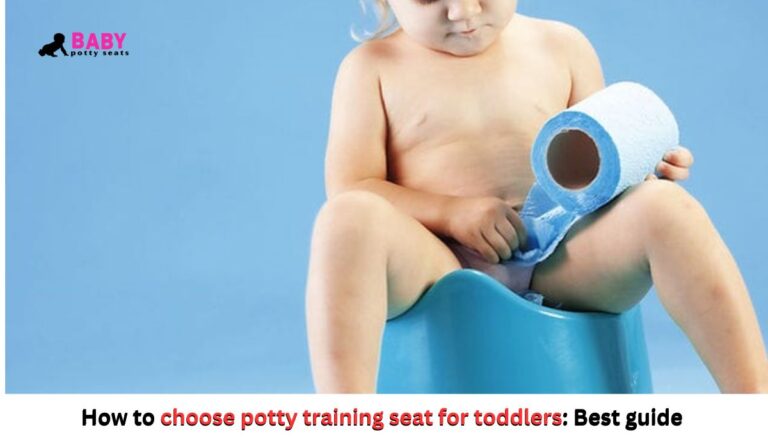
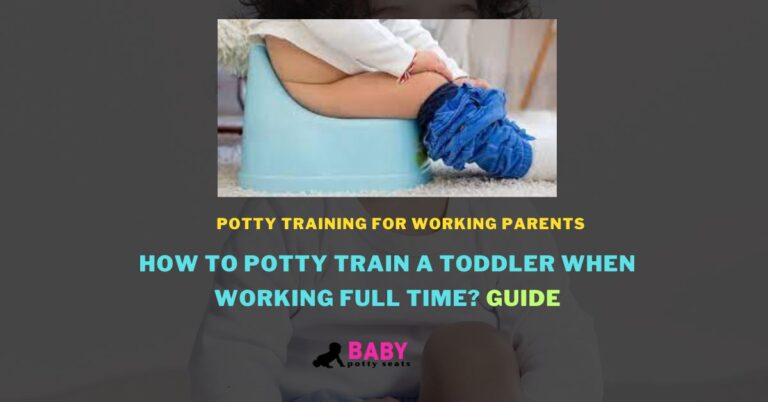
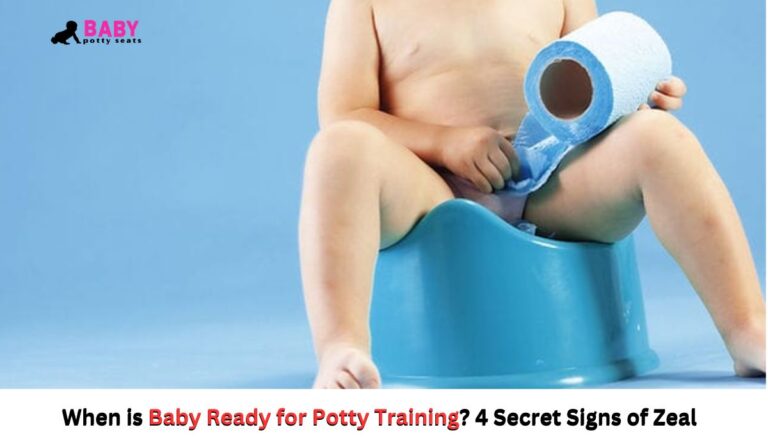
3 Comments
Comments are closed.